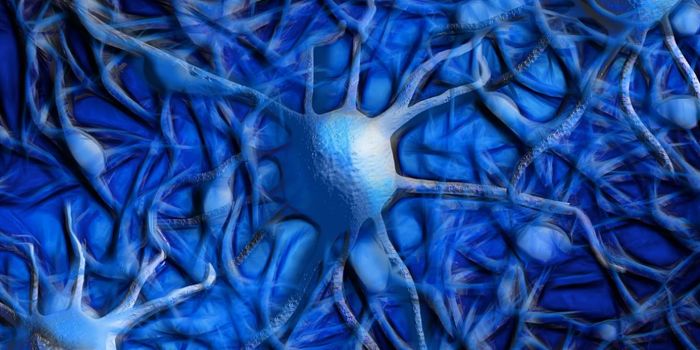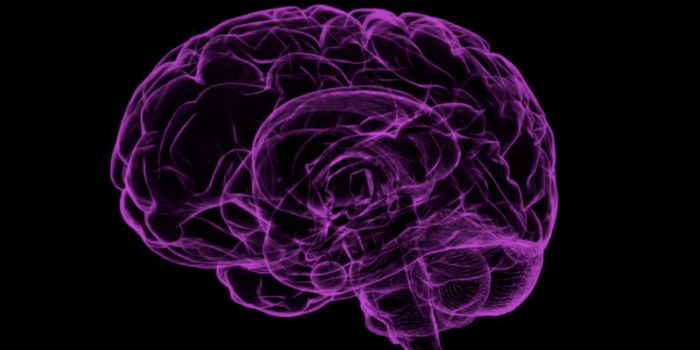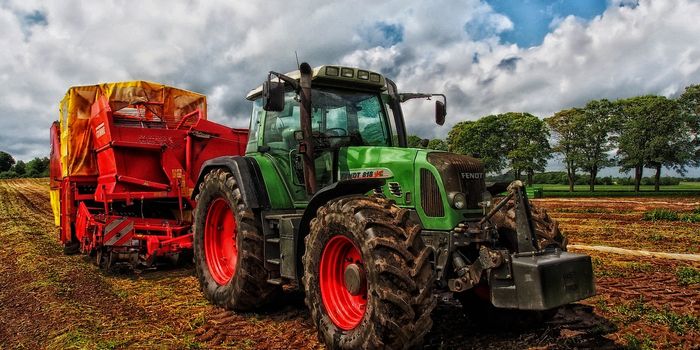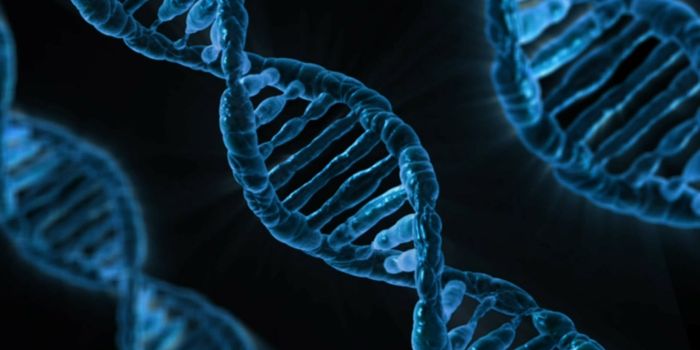Why Can Old Mothers Keep Producing Offspring?
In humans and many animals, older mothers have offspring that tend to be less healthy or have fewer offspring than others of their species. Scientists have long wondered why it is still biologically possible, in other words, why evolutionary pressures have maintained this ability in older mothers since their offspring don't fare as well. Researchers used a model organism called rotifers and mathematical modeling to learn more.
Rotifers are tiny invertebrate animals that can quickly produce many generations. The researchers tested the offspring and older mothers in several environments, such as a comfortable existence in a laboratory culture, a wild habitat that included predators, and one in which their food was limited.
The research, which was reported in the Proceedings of the National Academy of Sciences (PNAS), illustrated the impact of older maternal age, which is called maternal effect senescence. It showed that evolutionary fitness was reduced in offspring in every environment they tested, primarily through a reduction in fertility at what would be their prime reproductive age.
"This study is unique in that combines laboratory data from our prior work with mathematical modeling to address a longstanding question in the evolution of aging," said the co-leader of the study Kristin Gribble of the Marine Biological Laboratory. "Natural selection should weed out these less-fit offspring of older mothers. So why do we see this phenomenon across so many species?"
To answer this question, study co-leader Christina Hernández of Woods Hole Oceanographic Institution and colleagues created models that would calculate how strong the natural selection pressure was in the fertility and lifespan of offspring. They found that this pressure, which is called the selection gradient, gets lower as mothers get older.
"Because the selection pressure decreases as the mothers age, it may not be strong enough to remove these less-fit [offspring] from the population," Hernandez explained.
"Because of this, maternal effect senescence will persist and continue to evolve in the population, even though it results in decreased fitness," Gribble added. More research will be needed to understand the genetic mechanisms that affect offspring fitness.
The mathematical models that were made can be applied to many species to understand the impact of maternal effect senescence. "As long as you have experimental data, as we did, on lifespan and fecundity of offspring from mothers of different ages, you can address this question in many organisms," Gribble said.
Sources: AAAS/Eurekalert! via Marine Biological Laboratory, PNAS









